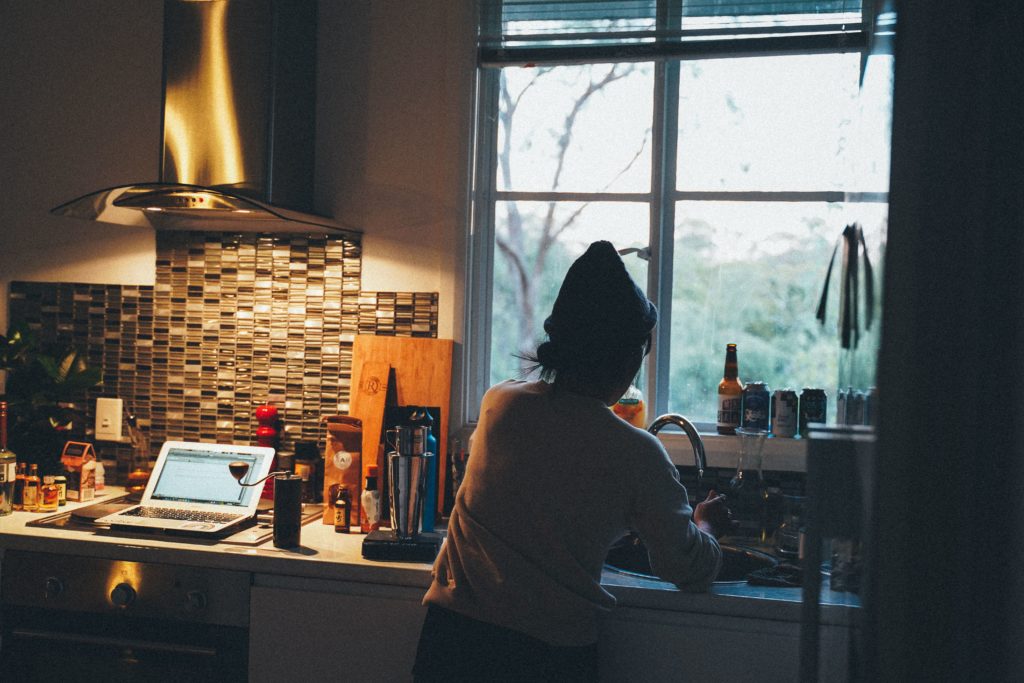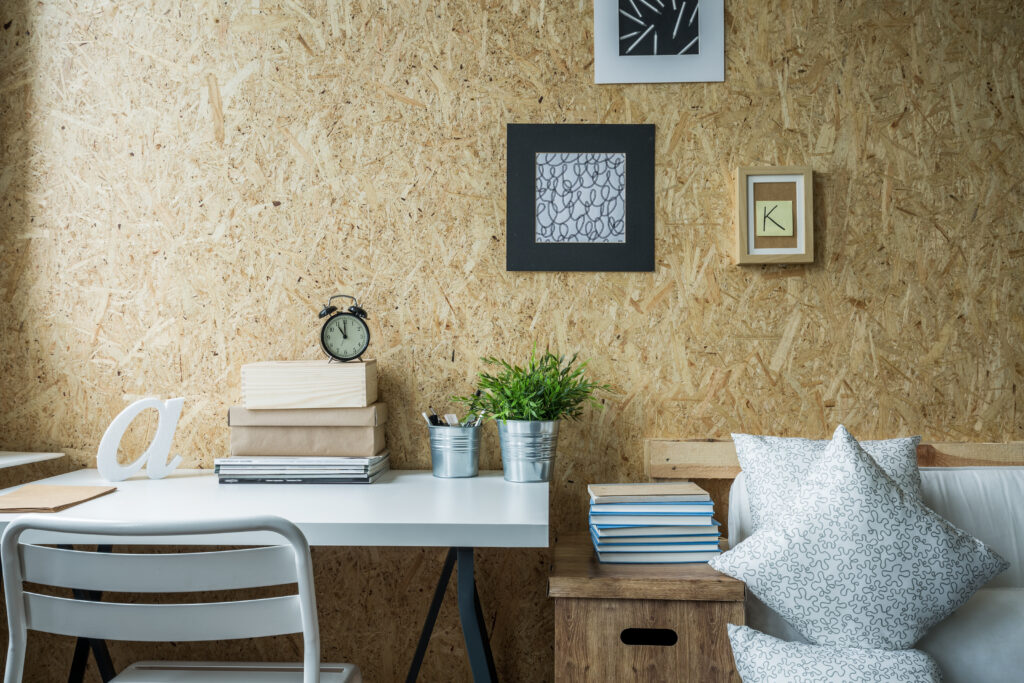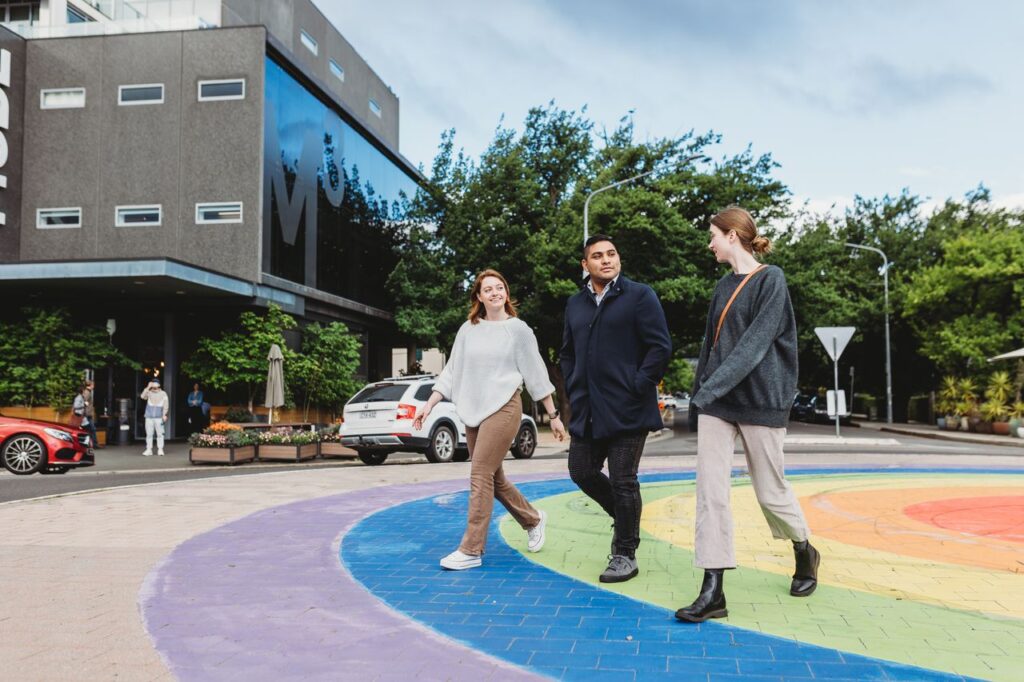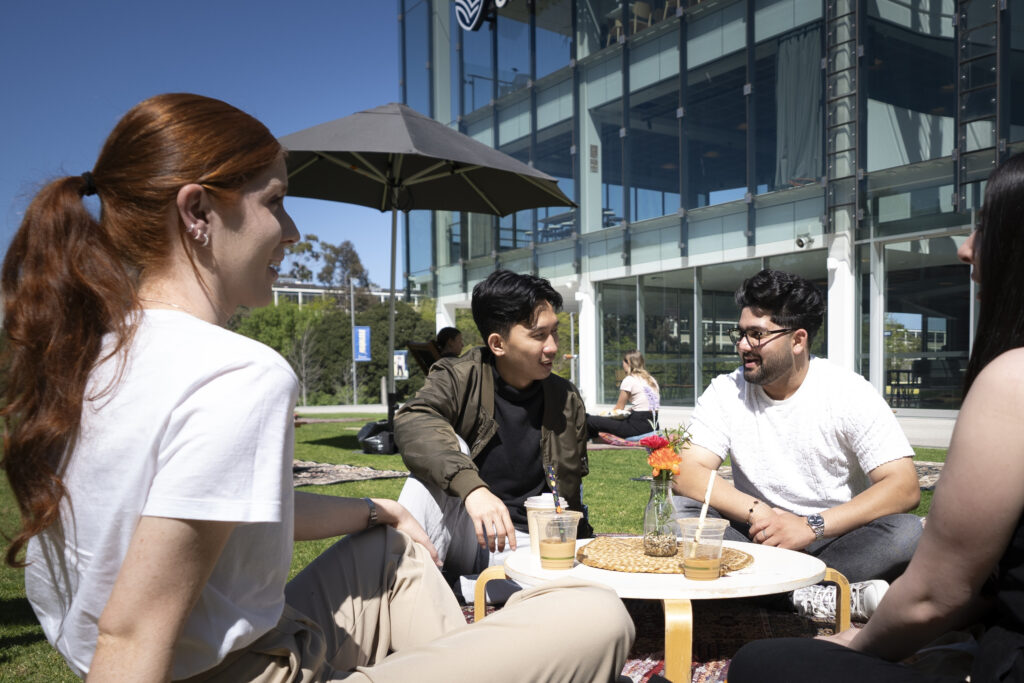Entering the rental market in Australia is challenging right now. It can be hard to find a place, and rent prices are increasing across the country.
Despite these challenges, there are steps you can take to prepare yourself and help you find a private rental that suits you.
Renting by yourself vs. rooms in share houses
If you’re looking to rent privately as a student in Australia, you’ll likely want either your own rental property or to rent a room in a sharehouse.
Your own rental property can be a house, apartment, flat or unit that you will live in by yourself. It’s generally more expensive than sharing and you’ll need to pay all the bills independently. Some rental properties are furnished, meaning you won’t need to buy your own furniture. One main advantage of renting a property by yourself is that you have full control over the space – which can be important while you’re studying.
Renting a room in a sharehouse is often cheaper than renting a property by yourself. You’ll also be able to share costs such as utilities with your housemates. Sharehouse rooms may be furnished or unfurnished. In a sharehouse, you may be subletting from one of the other tenants, or you may be able to sign on to the lease.
Where to look for private rentals
There are various platforms that allow you to search for unit rentals and rooms in sharehouses. Some of the most popular ones include:
- realestate.com.au
- rent.com.au
- Domain
- Flatmate Finders
- flatmates.com.au
- Facebook groups (search for those specifically catering to the area/suburb/city you’re looking to live in)
You can also use individual real estate websites in your city such as LJ Hooker and Gary J Smith to search for suitable properties according to preferences such as property type, location and price.
To avoid complicated or unfair rental arrangements, stay away from unregulated private rentals that are not arranged through a real estate agent. Familiarise yourself with the most common real estate companies and look out for advertisements, properties and inspections that are arranged by a legitimate agent from one of these companies. If the details of a real estate company or agent seem different to the majority of others that you’ve seen, this can be a clue that they aren’t trustworthy. If you’re looking at moving into an established share house, it’s a good idea to ask to view the lease agreement.
What to look out for in private rentals
When you start your accommodation search, it is important to consider the highest rent you are willing to pay and what type of household you want to live in. If you are looking with other housemates, it’s best to agree on preferences (such as a large backyard or ensuite bathrooms) before you start looking. It’s also important to consider what kind of lifestyle would suit the group – such as a quiet, tidy house or a more casual, social household.
When it comes to inspecting the property itself, things to consider include:
- Doors and windows open and close properly and are secure
- Appliances (such as the stove and dishwasher) are in good working order
- Mould or parasites lurking in certain areas
- Security measures, like safe locks or keypad entry
- If you have a car, whether there’s enough parking
- Whether you like the neighbourhood, and if the property is noisy
- Smoke detectors are in working order
- The level of maintenance needed at the property, especially if it has a garden
Always double-check the bond and lease conditions before you apply for a rental. Most will require four weeks’ rent as a bond as well as the first fortnight’s rent when you move in.
If you are considering moving into an established sharehouse, you should meet your potential housemates to get a feel for how you would get along. You will need to adapt to the current housemates’ way of doing things, so ask yourself what kind of environment you want to live in. Some things to consider include:
- Are you a busy social person, or do you prefer more time alone?
- Do you enjoy working as part of a team or do you like to keep to yourself?
- Are you a messy or tidy person – how often do you think it’s ideal to do the dishes?
- Do you want to be able to enjoy partying late into the night, or do you like an undisturbed night’s sleep even on weekends?
Ask the current housemates about house rules, chores and whether they share meals or like to host parties.
Before you sign anything, find out about the bond and lease conditions set by the landlord. If you have to pay a bond, make sure you ask for a receipt to keep as evidence.
How to apply
Make sure to get all your documents together before you apply for your new rental. The real estate agent’s website will tell you which documents are required – the landlord or agent will probably need copies of your ID (like a driver’s licence or passport), employment details and rental references.
If you don’t have a rental history in Australia, you’ll need to provide evidence that you are a desirable tenant and can pay the rent, which could include an employment contract, payslips or character references.
For a character reference, you could ask a lecturer or tutor, a family member or the parent of a friend. Have them say that you stayed with them and were a clean, tidy and respectful guest.
You may also be asked to provide the name and signature of a guarantor who will be legally responsible for paying the rent if for some reason you are not able to pay. Again, this could be a family member or parent of a friend. Be honest in your application and give as much detail as possible to give you the best chance of securing a house.
Read more: How to Successfully Apply For a Rental Property
The process of applying for a room in a sharehouse varies, and some are more formal than others. In some instances, you might only need to look at the room and chat to one person before agreeing to move in – this only works if you won’t be on the lease. Sometimes, current housemates will hold mini-interviews for prospective housemates to find out about your situation, get to know you and ask any questions they may have. Sometimes, you may need to formally apply to go on to the lease. In most cases, you will need your ID, employment details and rental references.
As we mentioned, it’s a really good idea to meet all of your potential housemates before agreeing to move in – so be wary of housemates that are unavailable or unwilling to meet and discuss how the household operates.
If your name is added to the lease, you will be responsible for paying the rent if one of the other housemates fails to pay, so you must clarify what your obligations are before you move in. Make sure you sign some form of agreement with your other housemates and the landlord to establish your financial responsibilities.
Where to find help as a renter
As a renter, if you have any questions about your rights or whether a particular private rental seems like a good option, we recommend that you check with your education provider – they should be able to give you advice about accommodation. You can also talk to your peers, particularly people who have been living in Australia for a while. There are also tenants agencies in each state and territory, who you can approach for information and advice:
- ACT – Tenants’ Advice Service
- NSW – NSW Fair Trading and Tenants Advice & Advocacy Services NSW
- NT – Tenants Advice Service and Consumer Affairs Northern Territory
- QLD – Tenants Queensland and Residential Tenancies Authority
- SA – Consumer and Business Services (CBS) and RentRightSA
- TAS – The Tenants’ Union of Tasmania and Consumer Affairs and Trading
- VIC – Consumer Affairs Victoria
- WA – WA Department of Commerce and Tenancy WA





